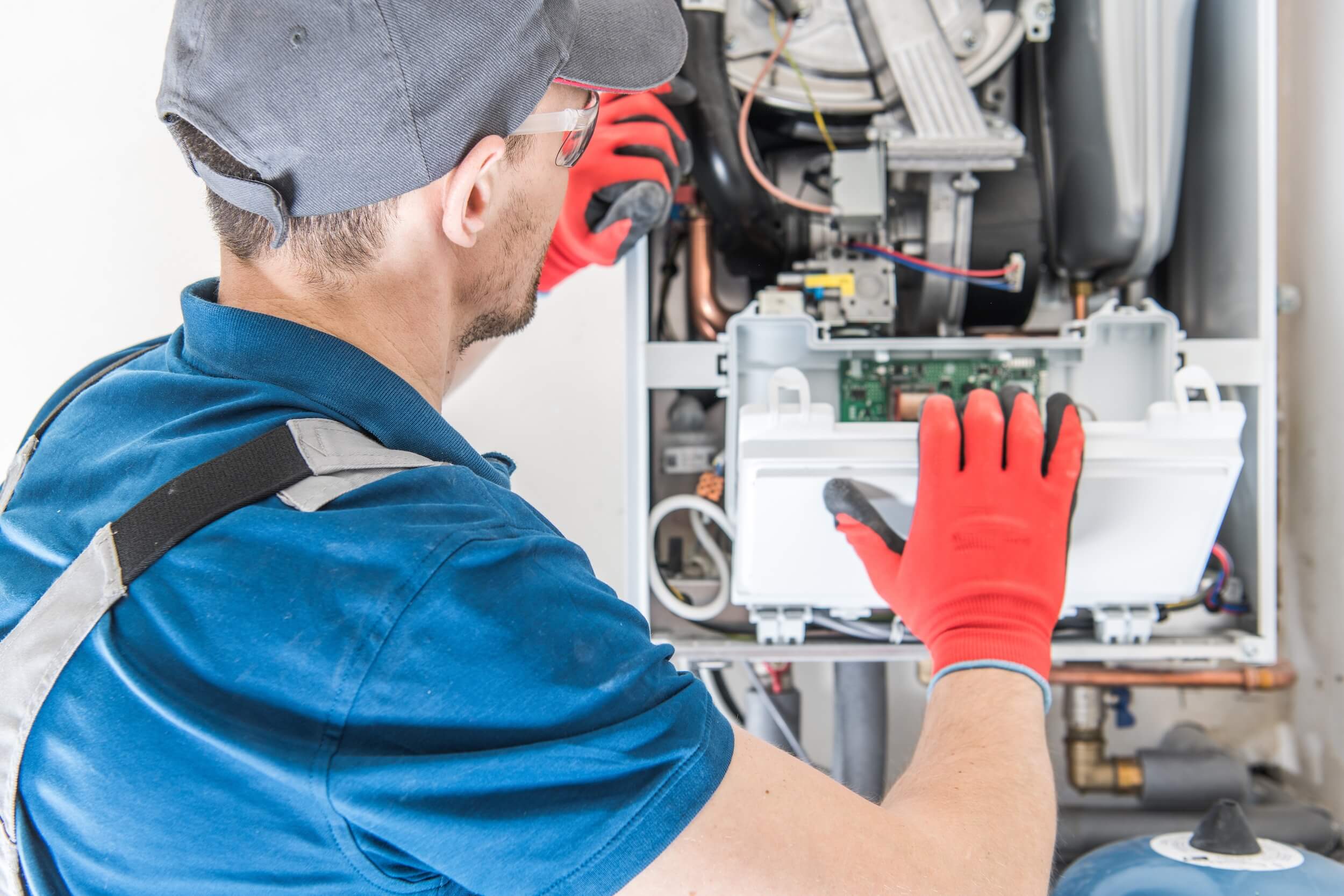Nearly everybody maintains their own opinion when it comes to The Importance of Water Heater Maintenance.
A hot water heater is among the most important fundamental appliances that can be located in a residence. With water heaters, you don't need to experience the tension of heating water by hand each time there is a demand to take a bath, wash, or the dishes. Nonetheless, there is always an opportunity that your water heater would break down as with the majority of mechanical devices.
It is essential to keep in mind any kind of little malfunction and also tackle it quickly before things leave hand. The majority of times, your water heater starts to malfunction when there is a build-up of sediments as a result of continual usage. As a precaution, periodic flushing of your water heater is recommended to prevent sediment buildup and protect against practical failure.
Common hot water heater emergencies as well as exactly how to handle them
Insufficient hot water
It may be that the water heating system can't sustain the hot water need for your apartment or condo. You could upgrade your water heating unit to one with a bigger capability.
Rising and fall water temperature.
Your water heating system can begin producing water of different temperatures usually ice hot or cool warm. There might be a demand to change either the thermostat or the home heating system of your water heating unit.
Leaky water heater tank.
In this scenario, you must turn off your water heating system, enable it to cool down, and thoroughly look for the source of the issue. At times, all you require to do is to tighten up a couple of screws or pipe connections in situations of minor leaks. If this doesn't function and the leakage lingers, you could require to utilize the services of a specialist for an appropriate substitute.
Tarnished or smelly water
When this takes place, you need to recognize if the concern is from the water or the tank resource. If there is no amusing odor when you run chilly water, then you are particular that it is your water heating system that is faulty. The odiferous water can be triggered by rust or the accumulation of microorganisms or debris in the water heater container.
Final thought
Some property owners ignore little warning and also minor faults in their water heater system. This only leads to additional damages and also a feasible complete malfunction of your appliance. You must manage your water heater mistakes as quickly as they come up to avoid more expenses and unnecessary emergency troubles.
With water heaters, you don't require to go via the stress and anxiety of home heating water by hand every time there is a requirement to take a bath, do the laundry, or the dishes. It might be that the water heating unit can't sustain the hot water need for your apartment or condo. Your water heating unit might start generating water of different temperature levels typically ice scalding or chilly hot. If there is no amusing odor when you run cool water, then you are specific that it is your water heating system that is malfunctioning. The smelly water can be triggered by corrosion or the buildup of germs or sediments in the water heater tank.
Common Water Heater Issues and What You Should Do
What Type of Water Heater Do You Have?
Before we begin it’s first important that you identify the type of water heater you have on your property. There are two main types of water heaters out there: conventional and high efficiency.
Both of these types of products typically use either gas or electricity to heat power. There are also solar water heaters that use a thermal collector on the roof or yard to heat the water.
While these models are not as common, they can cut heating costs in half. In this article, we will focus on conventional and high efficiency.
How Do My Electric and Gas Water Heater Work?
Though they look similar, electric and gas water heaters work very differently. It’s important to know their basic function because often problems can be specific to the heating source.
In the electric model, a thermostat on the side of the machine detects the temperature of the water in the tank. When the temperature needs to rise electricity flows to a heating element suspended in the water.
Gas models also use a thermostat device — typically with a mercury sensor at the tip and an additional sensor called a thermocouple. The thermocouple detects whether the pilot light is on and controls the flow of gas.
When the thermostat drops below the appropriate level gas is released which becomes ignited by the pilot light. The flame heats the bottom of the water tank which causes hot water to rise and cold water to drop.
This natural circulation continues until the water reaches the desired temperature. Then, the thermostat triggers the gas control valve to shut off the flow of gas.
What Are the Most Common Issues and How Do You Fix Them?
https://happyhiller.com/blog/common-water-heater-issues-and-what-you-should-do/

I ran across that article on The Importance of Water Heater Maintenance while doing a search on the internet. Are you aware of another individual who is excited about the subject? Do not hesitate to promote it. I love reading our article about Is Your Water Heater Leaking?.
Expertise on line!